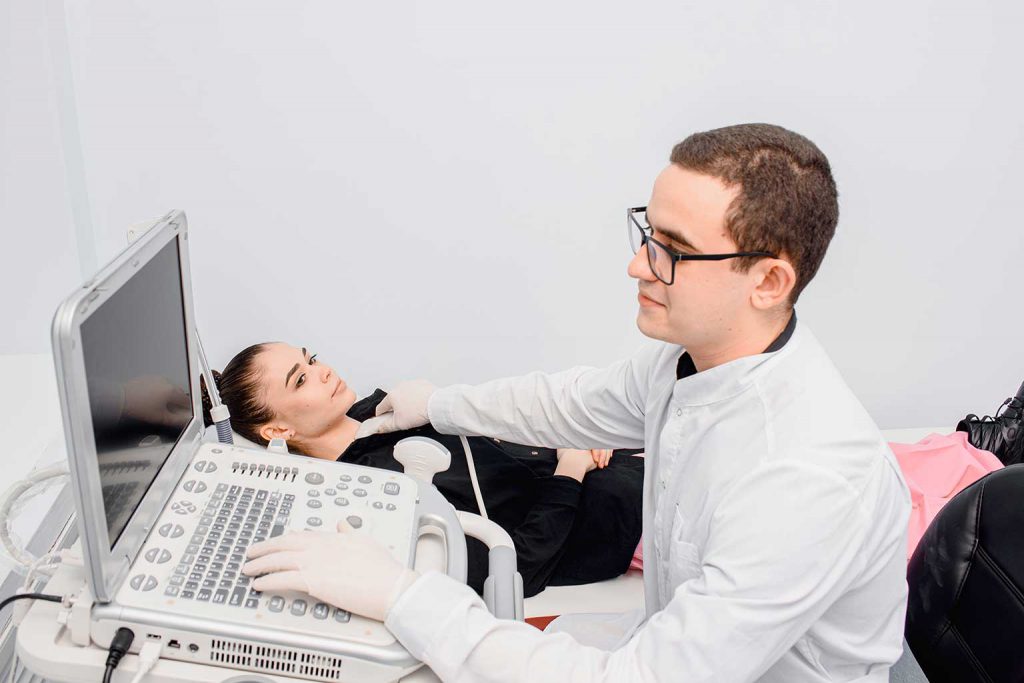The Thyroid is a tiny, butterfly shaped gland that is located at the front of your neck. Its main function is to produce hormones that help your body control and use energy.
Sometimes it produces an excessive amount of hormones, while in other times it produces insufficient hormones. The former is officially called overactive thyroid or hyperthyroidism. The latter is known as underactive thyroid or hypothyroidism.
Hypothyroidism and hyperthyroidism impact women more often than men, especially those in their 60s. They have direct influence on your whole body and your body’s functions including heartbeat, temperature control and metabolism.
Therefore, here we have put together some practical tips on how to control thyroid levels during pregnancy naturally.
Table of contents

Pregnancy and Hypothyroidism
Women with hypothyroidism and wish to become pregnant encounter various issues. Low thyroid function or uncontrolled hypothyroidism during pregnancy can cause anemia, birth defects, brain development issues, low birth weight, miscarriage, preeclampsia and stillbirth.
Pregnancy and Hyperthyroidism
Although hyperthyroidism is uncommon in pregnant women, if left untreated, it can lead to the development of hypertension and in some cases, even premature birth, miscarriage or low birth weight.
If you have underactive thyroid or overactive thyroid while pregnant, always be mindful of following helpful tips:
• Have a well-balanced diet
During pregnancy, your body is in demand of additional minerals, nutrients and vitamins. Make sure you eat well with a comprehensive diet full of necessary nutrients. Also take multiple vitamins to keep your pregnancy healthy.
• Be strict with your prescribed medication
Frequent testing is common as your doctor can be in a position to adjust anything necessary regarding your thyroid medication while you go through the progress of your pregnancy. So, you’d better strictly take your medicine with the right amount and at the right time as prescribed.
• Discuss thyroid testing with your doctor
Studies indicate that 60% out of every 1000 pregnant woman are diagnosed with hypothyroidism. If the thyroid hormone levels are less than the appropriate level, your physician would advise you to go through some treatment.
There may be a case where you may develop hypothyroidism after you have a baby. This incident is known as postpartum thyroiditis. This medical condition gets fixed after a year and there is no need for medication anymore for the majority of women. Meanwhile, the minority of women might require long-term thyroid therapy.
Takeaway
On the whole, always monitor changes either small or big that your body experiences. If the change is significant for the way you feel or the way your body is reacting, do contact your doctor to check if you are facing a thyroid related medical condition.


